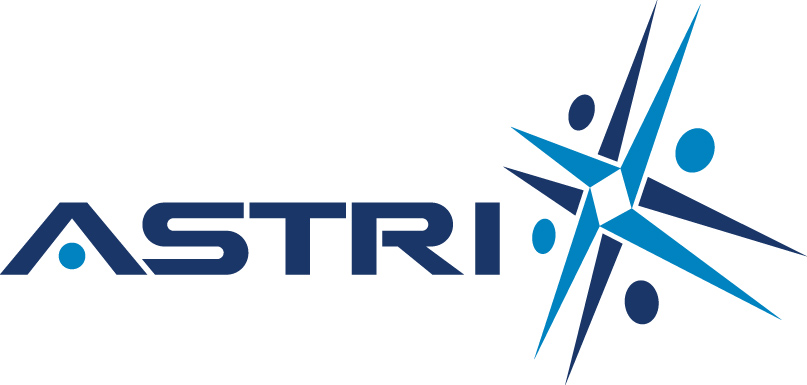|
In the age of advancing technology, data has become one of the most valuable resources. Organizations and individuals alike have access to vast amounts of data, ranging from personal information to consumer behavior. However, the collection, storage, and use of this data raise important ethical concerns. Data ethics refers to the moral principles and guidelines governing the responsible handling and usage of data. It involves ensuring the privacy, consent, fairness, transparency, and accountability of data practices. As technology continues to evolve, it is crucial to prioritize data ethics to protect individuals' rights and maintain trust in the digital ecosystem. Privacy is a fundamental aspect of data ethics. Individuals must have control over their personal data and be aware of how it is collected, used, and shared. Companies should adhere to strict data protection regulations, such as obtaining informed consent and implementing robust security measures to safeguard sensitive information. By respecting privacy rights, organizations can establish trust with their customers and users. Consent plays a pivotal role in data ethics. Organizations should obtain explicit and informed consent from individuals before collecting and using their data. Consent should be presented in a clear and understandable manner, and individuals should have the option to revoke their consent at any time. By prioritizing consent, organizations enable individuals to make informed decisions about their data and empower them to exercise control over their digital footprint. Fairness is another key principle of data ethics. Data-driven technologies have the potential to perpetuate biases and discrimination if not handled appropriately. It is essential to ensure that algorithms and machine learning models are unbiased and do not unfairly discriminate against certain individuals or groups. Regular audits and evaluations of data systems can help identify and mitigate biases, promoting fairness and equal opportunities. Transparency is vital in data ethics to build trust and accountability. Organizations should provide clear information about their data practices and be transparent about the purpose and use of collected data. Individuals should have access to their own data and understand how it is being processed. Transparency allows individuals to hold organizations accountable for their actions, fostering a culture of responsible data use. Accountability ensures that organizations are held liable for any misuse or mishandling of data. Data breaches and unethical practices can have severe consequences for individuals and society as a whole. Organizations should establish internal policies and procedures to protect data and adhere to legal and ethical standards. Holding individuals and organizations accountable creates a culture of responsibility and helps prevent data misuse. In conclusion, data ethics plays a crucial role in the age of technology. It encompasses principles such as privacy, consent, fairness, transparency, and accountability. By prioritizing these ethical considerations, organizations can ensure the responsible handling of data, protect individuals' rights, and maintain trust in the digital ecosystem. As technology continues to advance, it is imperative to uphold data ethics to navigate the complex challenges of the digital age.  |
